In the annals of American military history, few names evoke the raw courage and selfless sacrifice embodied by Major Louis J. Sebille. A World War II and Korean War veteran, Sebille became the first U.S. Air Force member to receive the Medal of Honor after the branch’s formation in 1947. His decision to give his life in a final, daring attack against enemy forces in Korea is remembered not only for its bravery but also for its controversial boldness. Sebille's story is one of transformation—from nightclub emcee to heroic pilot—and ultimate devotion to duty above all else.

Early Life and Struggles: Louis Joseph Sebille was born on November 21, 1915, in Harbor Beach, Michigan. After attending Wayne State University in Detroit, he moved to Chicago where he embraced a very different life—working as a charismatic master of ceremonies in nightclubs under the stage name "Lou Reynolds." Known for his sharp wit and renditions of songs like “My Blue Heaven,” Sebille lived a life filled with showbiz charm, far from the discipline of military life. It was a surprising but defining contrast that would later underscore the depth of his transformation into a war hero.
Military Enlistment and Heroics: The trajectory of Sebille’s life changed dramatically after the attack on Pearl Harbor. At age 26—technically over the cutoff for pilot training—he was granted a waiver and entered the United States Army Air Corps in January 1942. Assigned to fly the B-26 Marauder bomber, he deployed to England in 1943 and participated in perilous missions over Europe. Over time, he earned the respect of his peers as a flight leader and operations officer. By war’s end, Sebille had completed 68 combat missions and logged over 3,000 flying hours.
After the war, he briefly worked as a commercial airline pilot but was soon called back to service in 1946. Recommissioned as a first lieutenant, he served as both a jet instructor and squadron commander, eventually leading the 67th Fighter-Bomber Squadron stationed in Japan.
Defining Moment: August 5, 1950, during the early stages of the Korean War, would define Sebille’s legacy. As North Korean forces threatened the vital Pusan Perimeter, Sebille was ordered to lead a strike against an armored column. Flying an F-51 Mustang, he released one bomb on his first pass but was struck by enemy fire during his second approach. Fatally wounded and with a crippled aircraft, Sebille refused to withdraw. In his final radio transmission, he declared, “No, I’ll never make it. I’m going back and get that bastard.”
He then dove his plane—loaded with rockets, machine guns, and one remaining bomb—into the enemy convoy in a direct and deliberate attack. The explosion obliterated multiple North Korean vehicles and troops, halting their advance and protecting the U.S. lines at great personal cost.
Post-War Life and Career: Before the Korean War reignited global conflict, Sebille's post-WWII years were marked by dedication to training others. As an instructor pilot, he helped the Air Force transition into the jet age and served in administrative leadership roles. By 1949, Sebille had been promoted to major and became known for his philosophical musings on death and sacrifice—comments that, in hindsight, foreshadowed his fateful decision in Korea.
He had married and became a father in December 1949, less than a year before his death—a poignant reminder of the life he left behind in the service of duty.
Military Awards and Decorations: Major Louis J. Sebille’s valor was honored with numerous commendations, including:
-
Medal of Honor (Posthumous)
-
Distinguished Flying Cross with Bronze Oak Leaf Cluster
-
Air Medal with 2 Silver and 1 Bronze Oak Leaf Clusters
-
Purple Heart
-
Silver Star
-
Bronze Star Medal
-
Air Force Presidential Unit Citation
-
European-African-Middle Eastern Campaign Medal with Silver Campaign Star
-
Korean Service Medal with Campaign Star
-
United Nations Korea Medal, and several others
On August 24, 1951, his widow and young son received his Medal of Honor from Air Force Chief of Staff General Hoyt Vandenberg in a solemn ceremony. His fellow pilots and subordinates remembered him as a brave leader whose final act was one of unmatched courage.
Major Louis J. Sebille’s story is not just about one heroic mission—it is about the evolution of a man who turned away from the spotlight of nightclubs and stepped into the brutal clarity of war. His deliberate decision to sacrifice himself to protect others reflects the very highest ideals of military service. Though his act was once viewed with unease, time has rightly reframed it as the ultimate expression of valor. Sebille didn’t just serve—he gave everything. His legacy endures in the spirit of every airman who answers the call of duty, no matter the cost.
